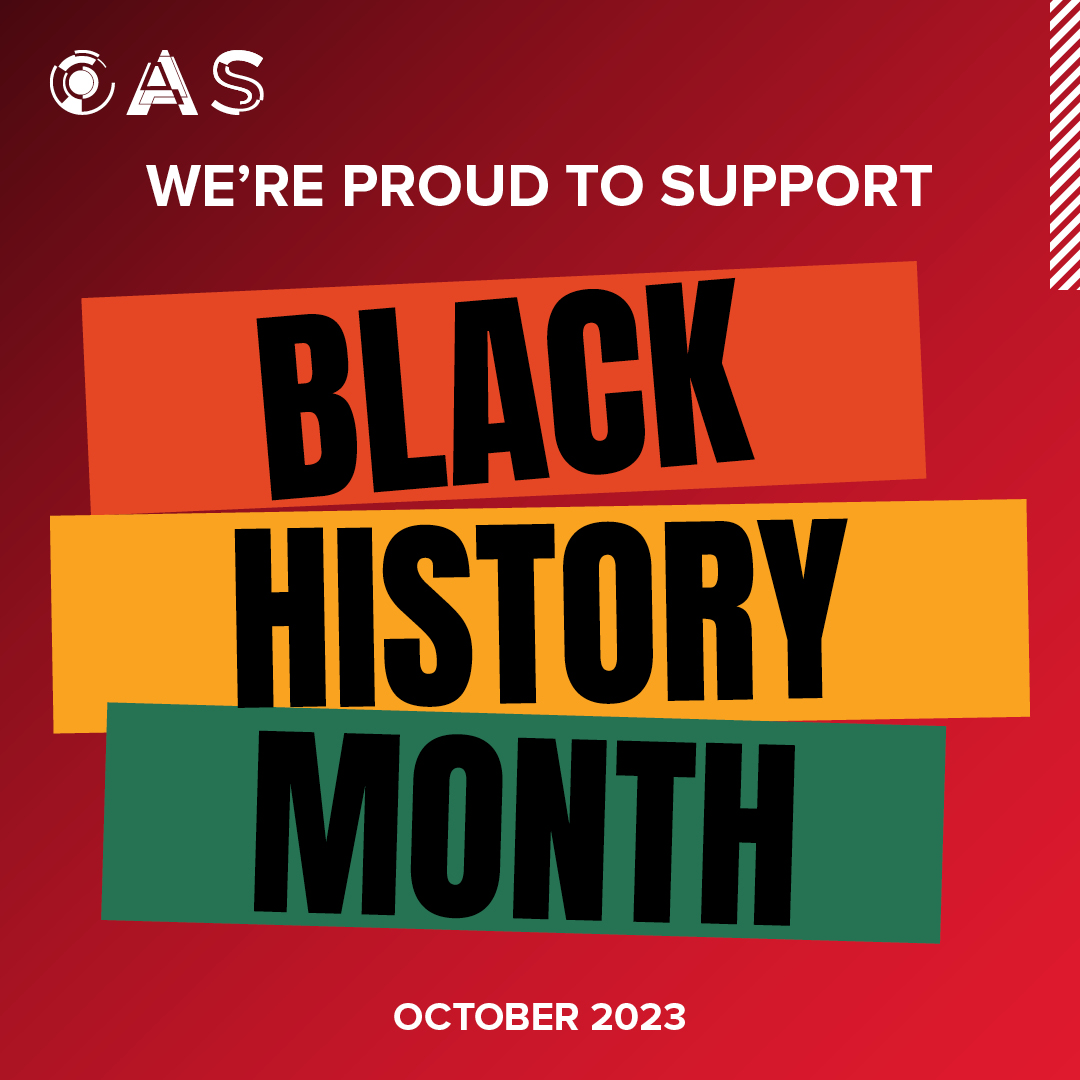Black History Month 2023

What is Black History Month?
October is Black History Month (BHM), an annual celebration recognising the invaluable contributions of Black people to British society. Since 1987, BHM has aimed to challenge racism and educate local communities around momentous occasions in history that were neglected from the school curriculum. Now, it’s a continuous encouragement for society to explore Black heritage, culture, and achievements in the UK and across the world.
This year’s theme is ‘Saluting Our Sisters’, which looks to shine a light on the contributions of those who have always been at the forefront of paving the way for change, in particular, Black women. The month-long celebrations will highlight the crucial role that Black women have played in shaping history and building communities across all aspects of life including literature, music, fashion, sport, business, politics, academia, social and health care.
Why is Black History Month important?
While society has come a long way over the last century and overt racism has become ever more unacceptable, we must strive to break down covert social barriers. BHM enables us to:
1. Celebrate diversity and what makes us unique.
2. Embrace healthy conversations about race and Black history so that misconceptions can be challenged, and divisions broken down.
3. Reflect on history and pay respect to those who fought for the freedom of others, like Dr Martin Luther King Jr, Maya Angelou and Nelson Mandela, as well as the unsung heroes who helped secure freedom that we could easily take for granted today.
This year, BHM falls on the 75th anniversary of the arrival of the passengers of the Empire Windrush, where more than 1000 people from the Caribbean travelled to the UK to become manual workers, drivers, cleaners, and nurses in the newly established NHS when the UK government called for support in the declining post-war economy.
Now, the Windrush Generation is celebrated and remembered for their bravery and the crucial part they have played in UK history, particularly the NHS, but for years the generation suffered social injustice. Then, in 2018, it emerged that the government had not properly recorded the details of people granted permission to stay in the UK, and many were wrongly deported.
BHM is about trying to right the wrongs as much as it is stands to celebrate the culture, history and the many positive and significant contributions and achievements that Black people have made and continue to make every day.
How are we celebrating Black History Month at OAS?
Here at OAS, we’re committed to addressing the complex equality, diversity, and inclusion (ED&I) challenges that are contributing to the underrepresentation of particular communities within the engineering industry and careers associated with science, technology, engineering and maths (STEM).
To celebrate this year’s BHM and to support us all take meaningful action, we’re talking to our new apprentices about EDI and encouraging them to celebrate Black history and culture. We want to improve inclusive access to apprenticeships and provide additional support to ensure all apprentices are empowered and supported to complete their programme.
Black history is an integral part of British and world history. It is important that past, present, and future Black excellence is recognised, accepted, and appreciated in the quest for inclusion and diversity, and the ongoing pursuit of racial equality in the workplace and worldwide.
You can visit the BHM website to find out more about this year’s theme and to have a look at the online and face-to-face events happening across the UK.